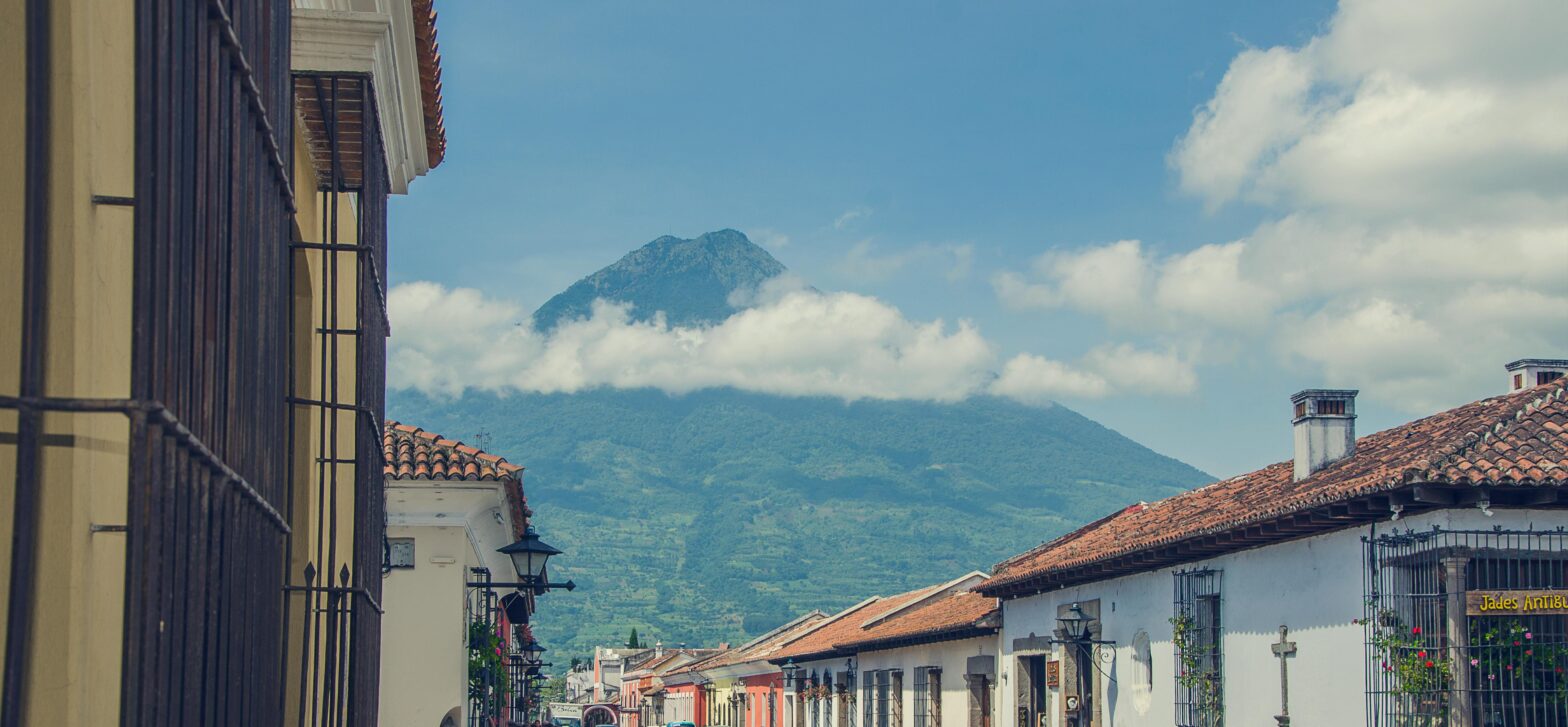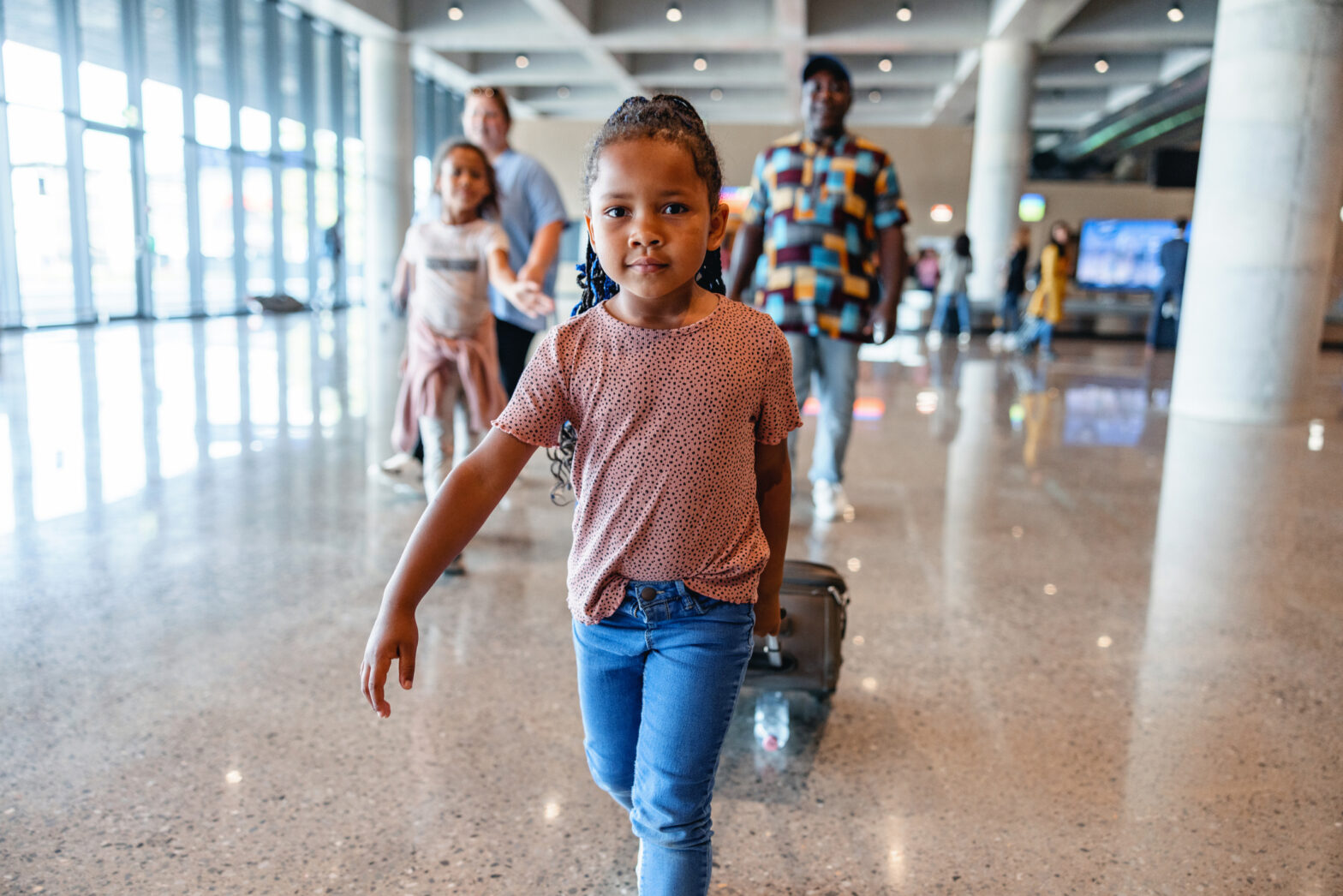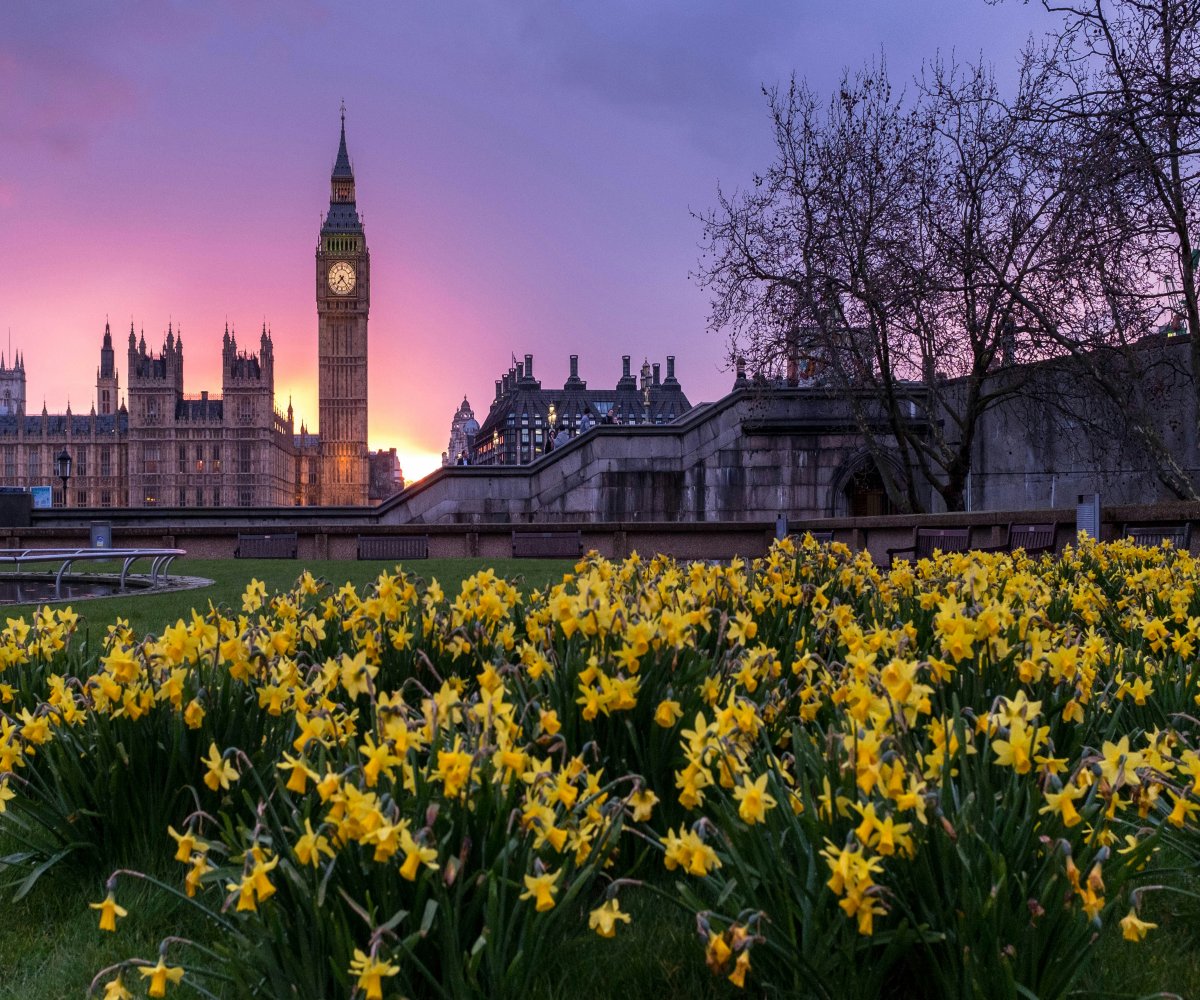Guatemala is a Central American country divided into 22 departments with a total population (in 2023) of over 18 million. The country borders Mexico, Belize, Honduras, and El Salvador. Some of its most popular tourist destinations are Antigua, Lake Atitlán, Guatemala City, and Tikal.
Travelers continuously document their experiences exploring the Central American nation’s natural beauty, tropical environment, charm, and culture. Many visit to walk the cobblestone streets in Antigua, hike volcanoes, dip in Lake Atitlán, and learn about the country’s Mayan and indigenous cultures.
Read below on what to know before traveling to Guatemala and how to stay safe there.
Official Travel Advisories
The United States government last updated its advisory for Americans considering travel to Guatemala in July 2023. The State Department’s alert classifies the Central American nation as a “Level 3” zone that people should “reconsider travel” to.
On October 15, the Centers for Disease Control and Prevention noted that travelers to Guatemala should “practice usual precautions” against Dengue, which can be transmitted to humans via mosquito bites.
Is Guatemala Safe for Tourists and Solo Travelers?
Guatemala is safe for tourists and solo travelers, but they must take precautions. Guatemala ranks 117th on the 2024 Global Peace Index out of 163 listed. The report classified the country as a “medium” peaceful nation. Guatemala’s “internal peace” — the absence of violence and fear of violence domestically — was based on the amount of violent crime, homicides, political instability, and more.
Radio-dispatched taxis or Ubers are recommended over public transportation. Also, only use the ATMs at a verified bank or hotel. Whenever possible, stay at an accommodation with security and a concierge or doorman.
Having travel health insurance is important. You’ll also need routine, updated, and relevant vaccinations. Consider vaccinations against Chikungunya, Typhoid, Hepatitis A, and Hepatitis B. The CDC recommends taking prescription malaria medication if you’re going to certain parts of Guatemala.
Common Dangers And Scams To Be Aware Of
Tourists are most commonly subject to pickpockets in urban or popular areas, bag-snatching, carjacking, and armed attacks and robberies. Travelers need to be aware of “high” reports of sexual assault. Also, credit card and personal identification number thef is “common.”
Tips for avoiding danger and scams in Guatemala
Don’t leave your drink unattended, flash wealth, or physically resist a robbery attempt.
How To Stay Safe During Guatemala Travel
Lifeguards are reportedly a rarity, so consider the potentially rough waters at Lake Atitlán and the Guatemalan Pacific coast before engaging in water activities.
Always go on hikes, to volcano zones, and between villages with a local guide. Travel during daylight hours.
Where To Stay
Zones 9 and 10 are considered to be the safest in Guatemala City. Outside of that, Antigua and Tikal are safe. Lake Atitlán is generally safe. For the latter destination, some sources note that travelers (and especially women) should be weary of being alone and taking transportation at night.
Common Questions People Ask About Guatemala Travel
Is it safe to walk and drive around at night?
It’s discouraged for tourists to walk or drive around at night.
Is there anywhere I should avoid?
Avoid traveling to the San Marcos and Huehuetenango departments (besides their respective self-titled cities). The State Department also flagged “Zone 18 and the city of Villa Nueva in Guatemala City.” The areas just mentioned are to be avoided due to crime. Authorities also advise against travelers’ proximity to the Guatemala-Mexico border.
Can you drink the water in Guatemala?
Stick to bottled water only. The tap water is unsafe.
Best Time To Visit
If you want to avoid the rainy season, November through April is the best time.
Should You Travel To Guatemala?
As with all destinations in the world, Guatemala is a place where travelers need to maintain awareness of their surroundings. Make sure you have any appropriate vaccinations and medications before you go. Also, implement standard traveling best practices and avoid swimming in choppy waters or wandering alone at night.





